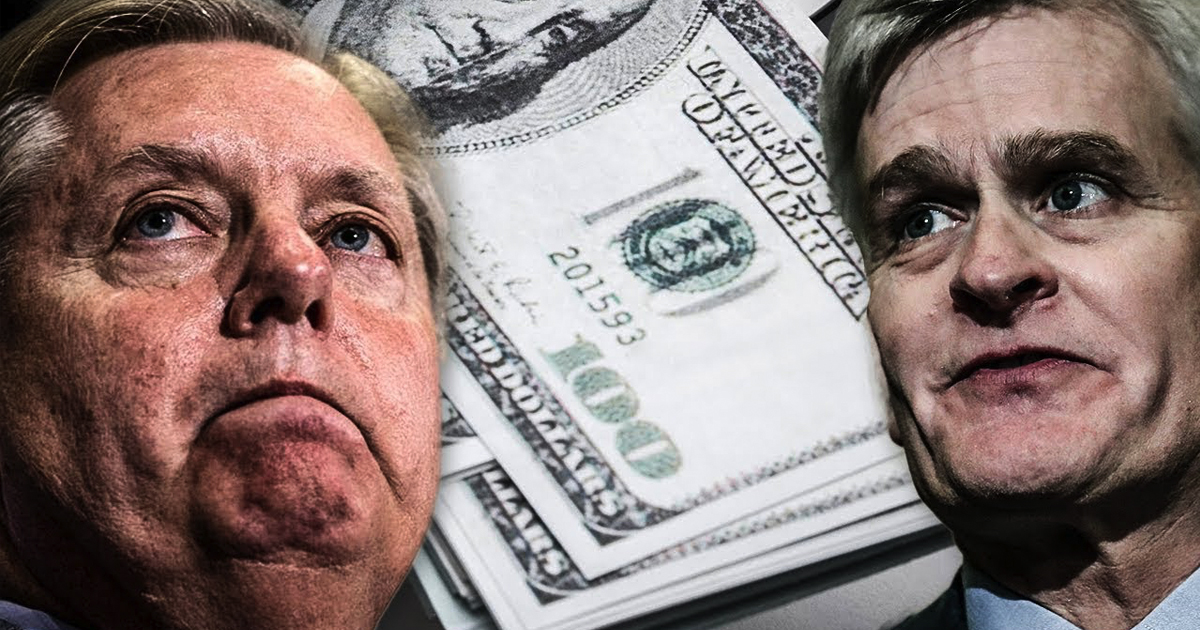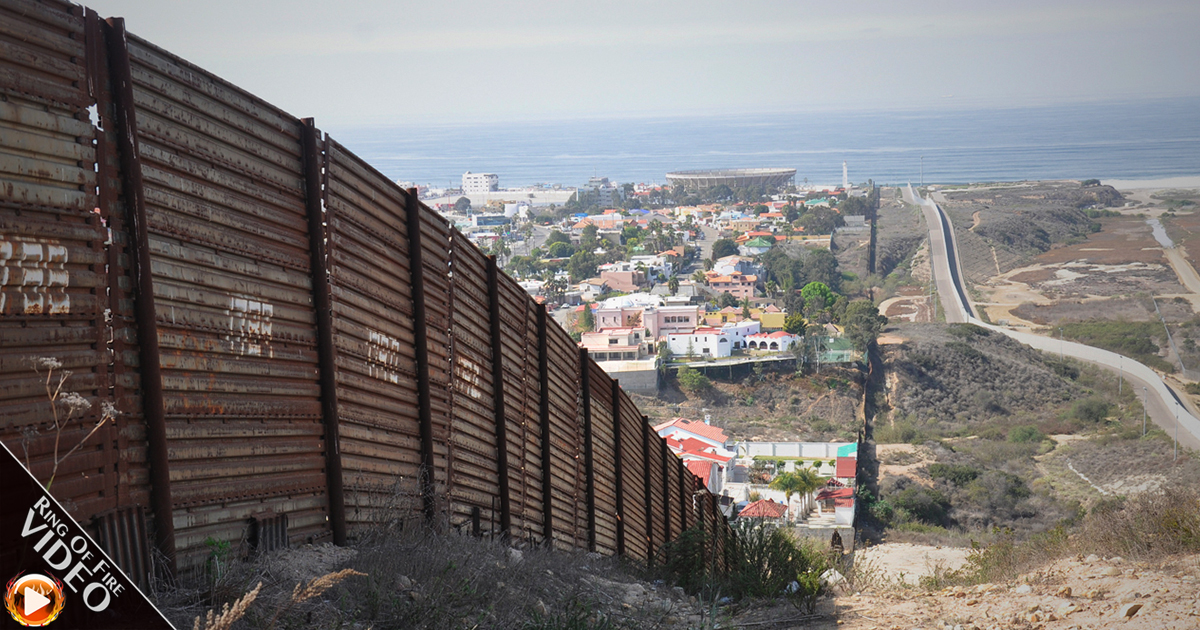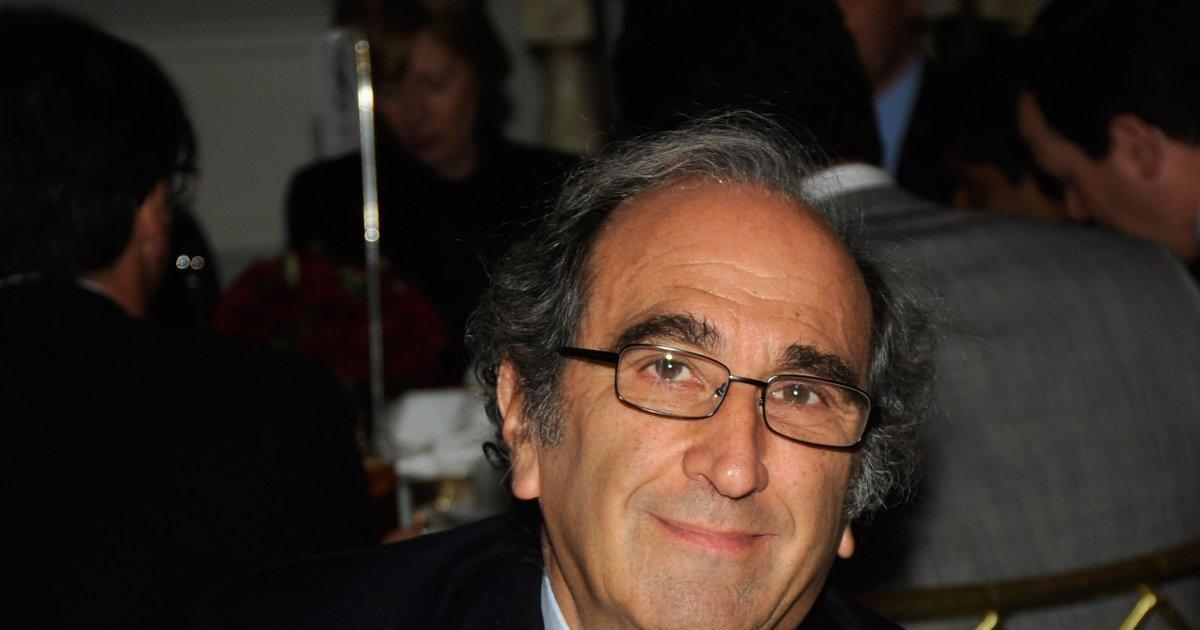Just when you hoped it had gone away, the worst “Free Trade” Deal in history is back. However, in light of this being election season, whether or not the Trans-Pacific Partnership (TPP) will move forward is open to question. Last summer, negotiations between prosceptive parties to the treaty broke down over tariffs, certain types of exports (such as automobiles and agricultural products), and US demands for protection of the pharmaceutical industry.
This week, trade officials representing the 12 nations returned to the bargaining table – but differences that derailed the talks two months ago have yet to be resolved. In addition, US elections are heating up – and presidential candidates on both sides are speaking out against the deal. Bernie Sanders has stood against the TPP strongly from the beginning. Hillary Clinton has not openly opposed the treaty, and in fact, supported the idea as Secretary of State. However, she has stated that unless the treaty contained protection for workers, “there should be no deal.” Jim Webb, the most conservative Democratic candidate, urged a “no” vote on the TPP, citing concerns over its secrecy.
On the other side, GOP candidate Donald Trump has labeled the proposed treaty a “disaster.” Ted Cruz, like Webb, has expressed concerns over lack of transparency and “backroom deal-making.” Likewise, Carly Fiorina has questions about the “fine print,” adding, “We don’t know what’s in this deal…we have trading partners who have violated agreements in [past] trade deals.” In April, John Kasich, speaking before the New America Foundation, said, “I’m pretty much for open trade, but I think the American workers have been shafted.” Like Clinton, Kasich would like to see a more level playing field.
At the same time, President Obama is pushing very hard for the TPP, which he considers will be the capstone legacy of his presidency – and time is running out.
This puts Republicans who support any kind of “free trade” deal, like Senate majority leader Mitch McConnell, in an awkward position. While they are in favor of any deal that would further enrich their corporate handlers at the expense of the middle class, there are fears that the issue could derail GOP chances of holding on to Congress next year. Of course, it would also be President Obama’s “crowning achievement” (if gutting what’s left of the middle class and handing over US sovereignty over to global corporations can be considered an “achievement”). For that reason alone, the GOP leadership is leaning toward opposing the deal.
Currently, President Obama as well as Vice President Biden are holding private meetings with other heads of state, pushing hard for the treaty. Earlier this year, the President addressed the United Nations, promoting the TPP as “a model for the world…an agreement that will open markets, while protecting the rights of workers and protecting the environment that enables development to be sustained.” US Trade Representative Michael Froman told the media that President Obama “will only accept a T.P.P. agreement that delivers for middle-class families, supports American jobs and furthers our national security.”
Where have we heard that before?
One of the big sticking points involves Big Pharma. The US is demanding that drug company data be protected for 12 years in order to “create financial incentives to innovate.” Despite appeals by members of the medical profession that there is great need for lower-priced drugs and vaccines, the US is unlikely to budge on this issue.
Protections for one of the most hated-industries in the US may prove to be the demise of the TPP. Not only is the US the only nation on earth fails to regulate Big Pharma, allowing to charge whatever they like for life-saving medications, it also subsidizes the industry $270 billion each year. Both Bernie Sanders and Hillary Clinton have called out the pharmaceutical industry for price gouging. Furthermore, the recent actions of hedge-fund manager-turned-bloodsucking-corporate swine Martin Shkreli brought the issue into sharp focus, eliciting such public outrage that he was forced to abandon his plan to raise the price of important medications by 5000%, although he has not revealed what the actual increase will be.
For better or worse, the TPP is an issue that is uniting Progressives, liberals and conservatives in their opposition to the proposed deal. If President Obama continues in his attempts to ram this treaty through, he may find his legacy looking less like that of Franklin D. Roosevelt and more like that of George W. Bush.
Our advice: back off this ill-considered trade agreement, Mr. President. We, The People have spoken (and will continue to do so).



